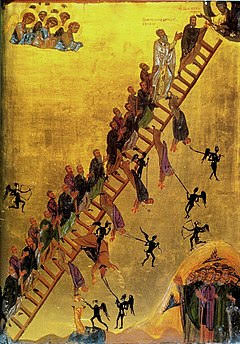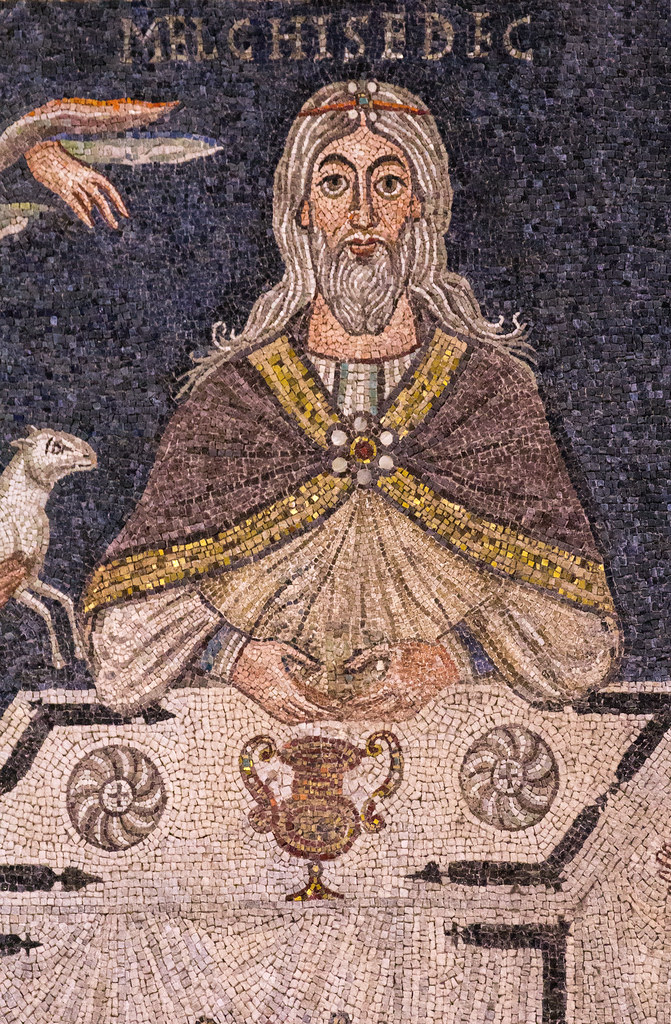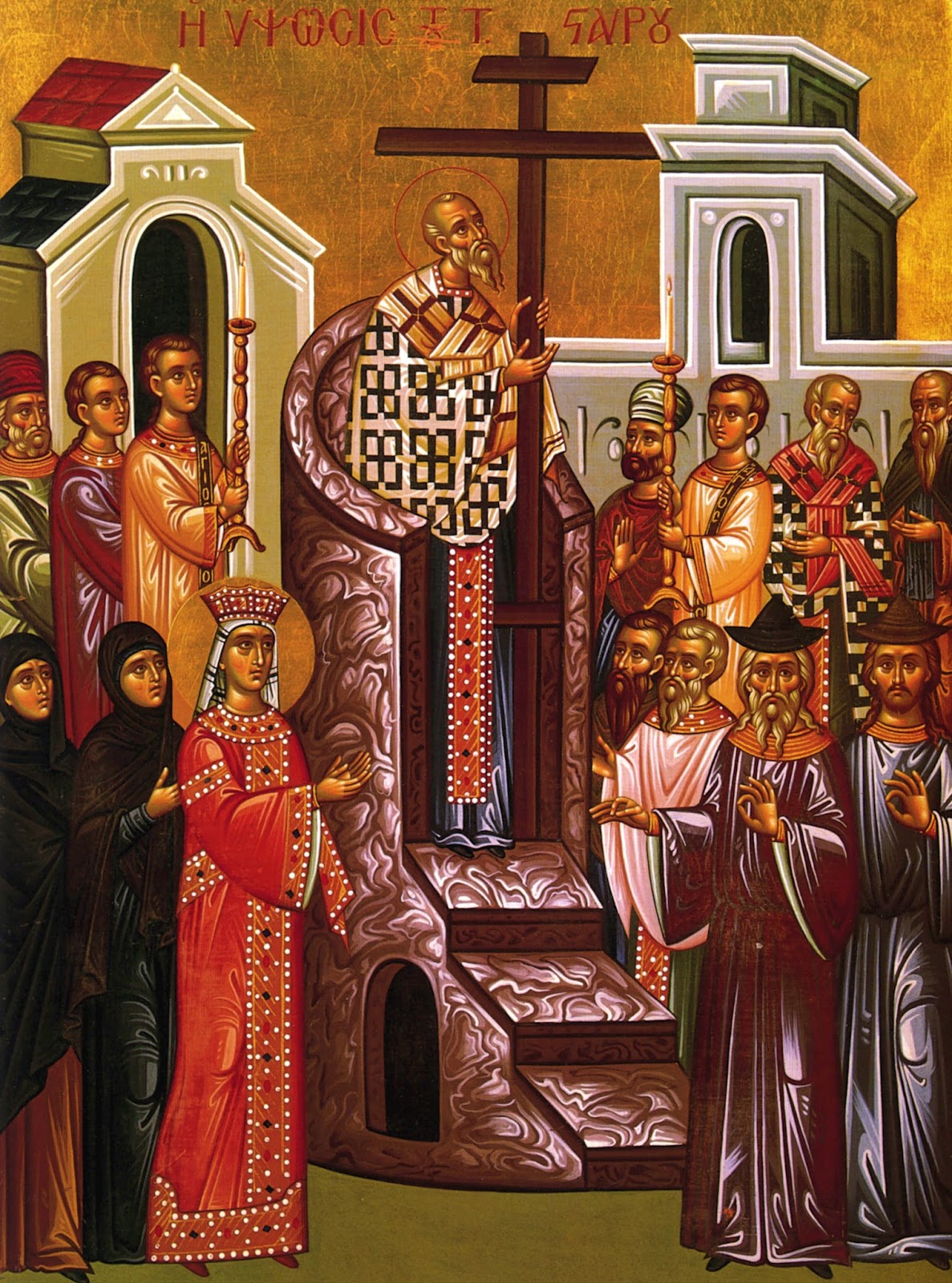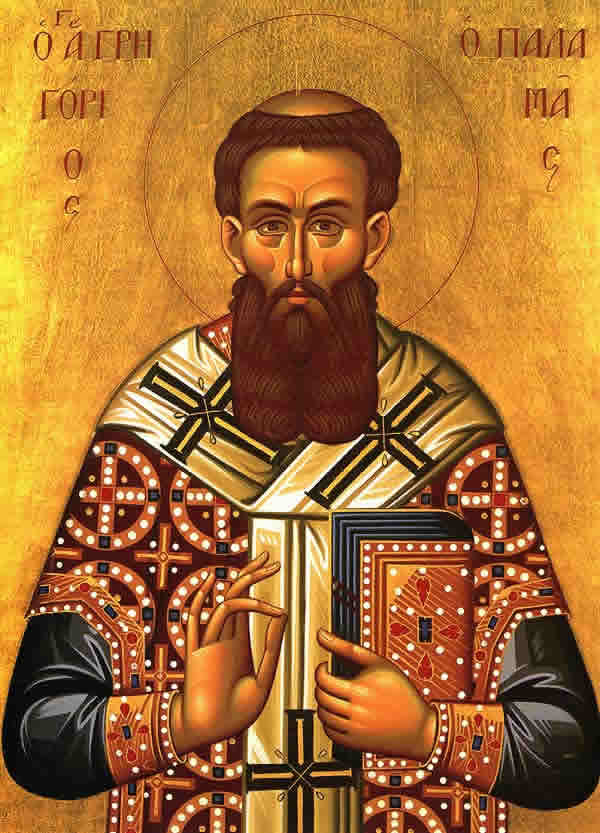When the chief priests and the officers saw Him, they cried out, “Crucify Him, crucify Him!” Pilate said to them, “Take Him yourselves and crucify Him, for I find no crime in Him.” The Jews answered Him, “We have a law, and by that law He ought to die, because He has made Himself the Son of God.” When Pilate heard these words, he was the more afraid; he entered the praetorium again and said to Jesus, “Where are you from?” But Jesus gave no answer. Pilate therefore said to Him, “You will not speak to me? Do you not know that I have power to release you, and power to crucify you?” Jesus answered him, “You would have no power over Me unless it had been given you from above; therefore he who delivered Me to you has the greater sin.” When Pilate heard these words, he brought Jesus out and sat down on the judgment seat at a place called The Pavement, and in Hebrew, Gabbatha. Now it was the day of Preparation of the Passover; it was about the sixth hour. He said to the Jews, “Behold your King!” They cried out, “Away with Him, away with Him, crucify Him!” Pilate said to them, “Shall I crucify your King?” The chief priests answered, “We have no king but Caesar.” Then he handed Him over to them to be crucified. So they took Jesus, and He went out, bearing His own cross, to the place called the place of a skull, which is called in Hebrew Golgotha. There they crucified Him, and with Him two others, one on either side, and Jesus between them. Pilate also wrote a title and put it on the cross; it read, “Jesus of Nazareth, the King of the Jews.” Many of the Jews read this title, for the place where Jesus was crucified was near the city; and it was written in Hebrew, in Latin, and in Greek. So the soldiers did this. But standing by the cross of Jesus were His mother, and His mother’s sister, Mary the wife of Clopas, and Mary Magdalene. When Jesus saw His mother, and the disciple whom He loved standing near, He said to His mother, “Woman, behold, your son!” Then He said to the disciple, “Behold, your mother!” And from that hour the disciple took her to his own home. After this Jesus, knowing that all was now finished, said (to fulfil the scripture), “I thirst.” When Jesus had received the vinegar, He said, “It is finished”; and He bowed His head and gave up His spirit. John 19: 6-11, 13-20, 25-28, 30 (Gospel of Feast of the Holy Cross)
On September 14, the Orthodox Church celebrates the Feast of the Exaltation of the Venerable and Life-Giving Cross. This is one of the twelve major feastdays of the church year. This feast commemorates an historic event in 325 A.D., when St. Helen found the Precious Cross that Christ was crucified on. For those who don’t know the story, when Emperor (later Saint) Constantine (St. Helen’s son) made Christianity the legal religion in the Roman Empire through the Edict of Milan in 313, St. Helen had a great desire to find the true Cross of Christ. She went to Jerusalem, found the hill of Golgotha, and set out to find the cross. It was a rather large expanse of land and the cross would have been buried for some time, so she was not sure where to dig. A fragrant plant was growing on the hillside in one area and Helen ordered the soldiers to dig there. Three crosses were found under this plant. A funeral procession was passing by at that moment and the body of the deceased man was placed on each cross. When he was placed on the third cross, he came back to life. This was the life-giving Cross of Christ! This happened on September 14, 325.
The plant found on the hill is called “Basil” or in Greek “Vasiliko” with “Vasili” meaning “the King.” Vasiliko is a plant that you can cut a branch, effectively killing that branch, and then put the branch in water and it will grow roots and “come back to life,” just like Christ after He was crucified. On September 14, in Orthodox Churches, there is a procession that takes place in church where the priest will carry a tray of Vasiliko (people bring basil from their homes to church for the procession) above the heads of the people. The focus of September 14 is the cross of Christ. And this day has a strict fast, similar to the austerity of Good Friday. Yet, the hymns of the day are joyful, because, as we read in our prayers, “through the Cross, joy has come to all the world.”
There is a great symbolism in the sign of the Cross. First, the cross was the method of execution reserved for the worst criminals. It was a very long and very painful way to die. This was the punishment that was found appropriate for Jesus, our Lord. The Son of God was judged by His own people to deserve the worst punishment reserved for the worst people. Now the Cross is no longer a sign of fear and humiliation, but the sign of our hope, our faith and God’s power.
Secondly, the Cross is made from the wood of a tree. It was a tree that led to the downfall of the human race. Eating from the forbidden tree was the first sin and separated us from God. The Cross is made from wood and is what unites us to the Lord.
Pontius Pilate is a very interesting figure in the story of Christ’s Passion. He had a curiosity about Christ and His message. He had a respect and even fear of it. Yet, he felt pressure to crucify Christ. And ultimately he gave in to that pressure. While most of us are quick to look at him in a bad way, in truth many of us are closer to him than we think. We see the truth of the Lord staring right at us, and yet we are afraid. We question the role of Christ in our lives. We are faced with the difficult decision—to follow, or to wash our hands. Each of us will probably face critical Pilate-like moments in our lives, when we will have to choose to go with Christ and against the crowd. That’s why we need to build strong faith. Because strong faith is what is needed to go against the crowd when the crowd is against Christ.
The Gospel offers us a quick summary of the trial and crucifixion of Christ. After being condemned by Pilate, Christ was crucified. At the foot of His cross stood His mother and His beloved Disciple, John. The rest of the Disciples had fled. This is a reminder that we must stand firm in our faith, not abandon Christ and our faith when the going gets tough. Jesus took care to watch over His mother, entrusting her care to His beloved Disciple. He reminded His Disciple to look at Mary as His mother.
There are those who will say that the church was born in this moment, that the Virgin Mary became the mother of all of Christ’s Disciples in that moment, and that each of us, were to look not only at the Virgin Mary as our mother, but to the Church to be a mother to us, to nurture us, to teach us and to lead us.
Finally, in John 19:30, we read two things that are very significant. Jesus said “It is finished.” In Greek, this phrase is one word “Teteleste”. This phrase means that the work Christ came to do, to restore humanity to the relationship it once enjoyed with God in the Garden of Eden before the Fall, that the work was now finished, the door back to Paradise was now reopened. When Christ “gave up His Spirit” He didn’t do it as we see in the movies, where we see someone stop breathing and then their head falls. Rather, Christ bowed His head and then gave up His Spirit, showing that His death was voluntary, and that He was Lord even in death.
The goal for us in life is to “finish” the work He has given us to do—to use our talents, to His glory, to benefit others, for the duration of our life on earth. For Christ, earthly death came at 33. For some of us, we will live to see 20, others 50, others 90. We don’t know. This is why we should focus on the work He has given us to do, using our unique talents to His glory, so that when our moment comes when life is finished, we can bow our heads, surrender our spirits to Him, and be confident that we will be raised to everlasting life.
What a paradoxical miracle! Behold, the life-bearing plant, the all-holy and precious Cross, is appearing on display and is carried aloft today. Now all the ends of the earth do glorify, and all the demons are greatly terrified. Oh, what a gift is this that to mortals has been granted! Hence, O Christ the only compassionate, do thereby save our souls. (From the Praises of Orthros, Feast of the Holy Cross, Trans. by Fr. Serpahim Dedes).
Glorify God through your actions today!



